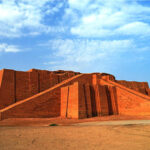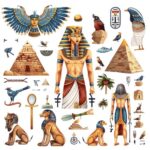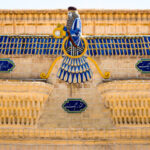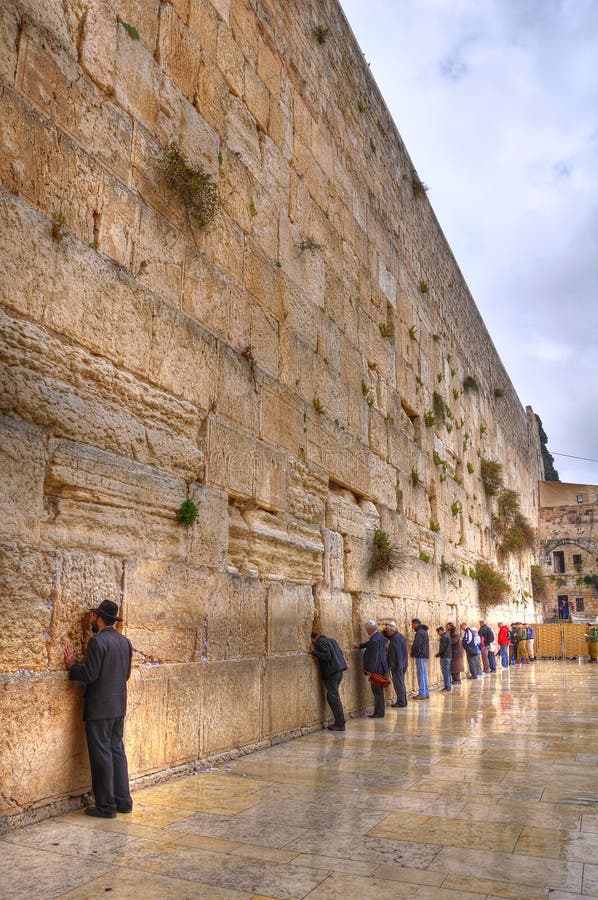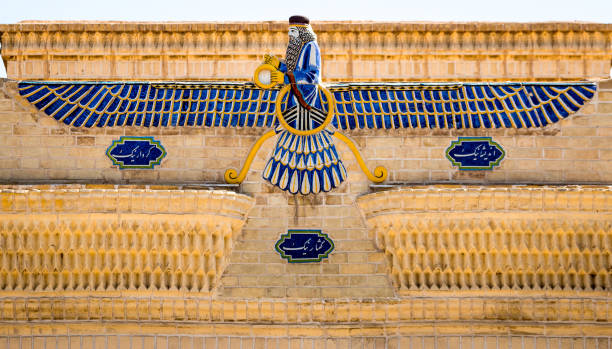The founder of this religion was Christ, whom Muslims call Jesus the Messiah. He was born in Bethlehem about 2000 years ago. Jesus came from the 42nd generation of Abraham within the Israelite race. When the emperor “Sarius” conquered the land, he freed the Jews and sent them back to their homeland. In that period, Jesus was born in the Judean village of Bethlehem. At the same time, the king of the country was Herod.
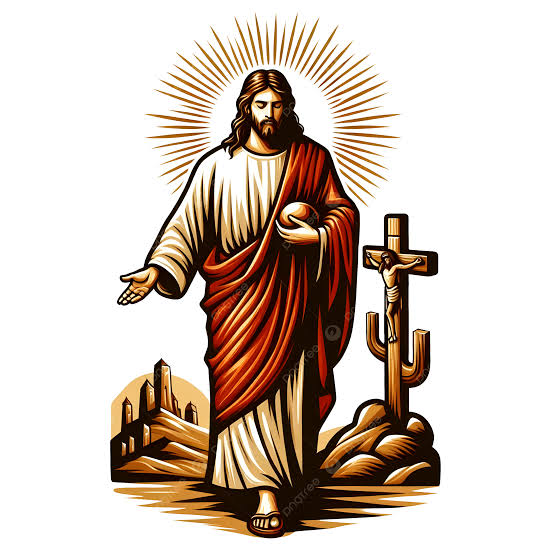
Regional Conditions Before the Arrival of Jesus
Political Situation
At that time, the Roman Empire stood as the greatest power in the world. It ruled territories around the Mediterranean Sea, Europe, North America, and the Middle East. Because of its strong military and organized legal system, Rome controlled every region under its rule. Augustus Caesar ruled Rome and established the entire empire in a strong and centralized position.
Since Greek culture continued to resist Rome, the Roman Empire absorbed Greek thought and traditions. Furthermore, the invasions of Alexander the Great expanded Hellenistic influence. As a result, Greek culture appeared under Roman political dominance. At that same time, Egypt also became part of Rome. Consequently, Egyptian beliefs mixed with Greek traditions and shaped a combined religious form.
____ Rsad about another Religion Jainism.
Social and Economic Situation
In the Roman Empire, society divided into rigid classes. People often became slaves. Laborers and workers earned their livelihood through agriculture and animal husbandry. Roman authorities imposed heavy taxes, which weakened the already poor economic condition of ordinary people.
Religious Situation
In Rome, people worshipped gods like Jupiter, Mars, Venus, and Diana. In Greece, deities such as Zeus, Apollo, and Athena held central positions.
Civil and Emperor Worship
The Romans gave divine status to their emperor and treated his honor as a sacred religious act.
Egyptian Religion
Egypt continued to preserve many pharaonic traditions, including the worship of Isis and Osiris. However, these practices appeared in new ways influenced by Greek and Roman thought. At the same time, Judaism remained common in the region, especially in the province of Judea.
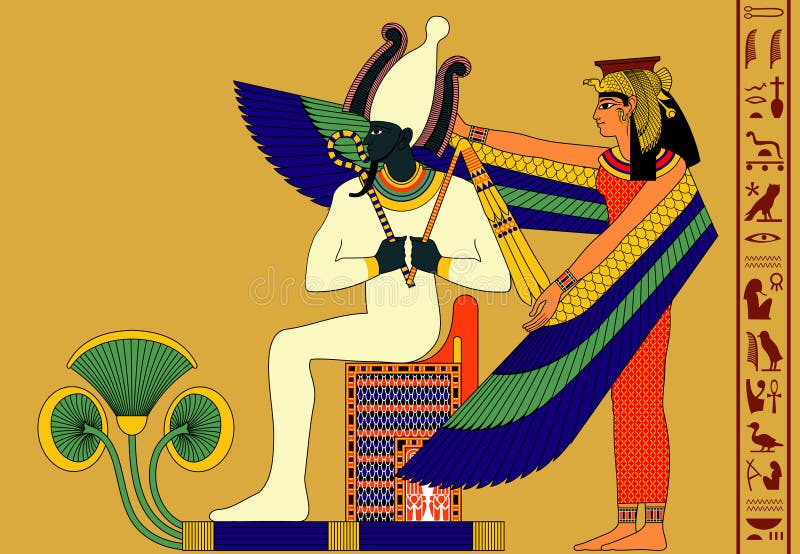
Bethlehem Before Christianity
Bethlehem lies in the West Bank of present-day Israel or Palestine, about ten kilometers south of Jerusalem. This small city rests among surrounding mountains.
_Read about about Old religion Hinduism.
Political Conditions
Bethlehem formed part of the province of Judea, which was under Roman control. The Roman imperial ruler Herod the Great governed Judea. People considered Herod a cruel and oppressive king, supported by Roman power. Because of unrest and repeated oppression, people felt deeply distressed and frustrated.
Social Situation
Society divided into rich and working classes. Religious leaders, nobles, and people close to Herod enjoyed luxury. The rest of the people lived under constant labor and hardship. People stayed united by national and religious grounds, yet political slavery kept them weak. At the same time, differences arose among groups such as Samaritans, Pharisees, and Sadducees.
Economic Situation
Bethlehem existed as a small village. Most people worked as cattle breeders and farmers. Olive and grape cultivation, along with goat raising, supported their livelihood. Roman authorities demanded heavy taxes, which exploited the working class. Economic injustice and class inequality increased anxiety among people.
Religious Situation
The Jews followed the teachings of Moses and considered the Temple in Jerusalem their primary religious center. Religious leaders such as Pharisees, Sadducees, scribes, and Zealots disagreed sharply with one another. The Zealots, a nationalist group, openly protested against Roman rule.
Idolatry and Hellenistic Influences
By the time of Alexander the Great, Greek culture spread into Judea. Some Jews and non-Jews worshipped Greek gods, especially outside Jerusalem, where such influences appeared more visible.
Rome and Pagan Beliefs
Roman soldiers and rulers worshipped their own gods, including Jupiter, Venus, and Mars. The Romans sometimes elevated their emperor to divine status, calling him Dion. People regarded emperor veneration as an act of worship.
Samaritan Beliefs
The Samaritans lived close to the Jews but followed different practices. They accepted only the five books of the Torah. Instead of Jerusalem, they considered Mount Gerizim their holy destination. Great discord and hatred often arose between Jews and Samaritans.
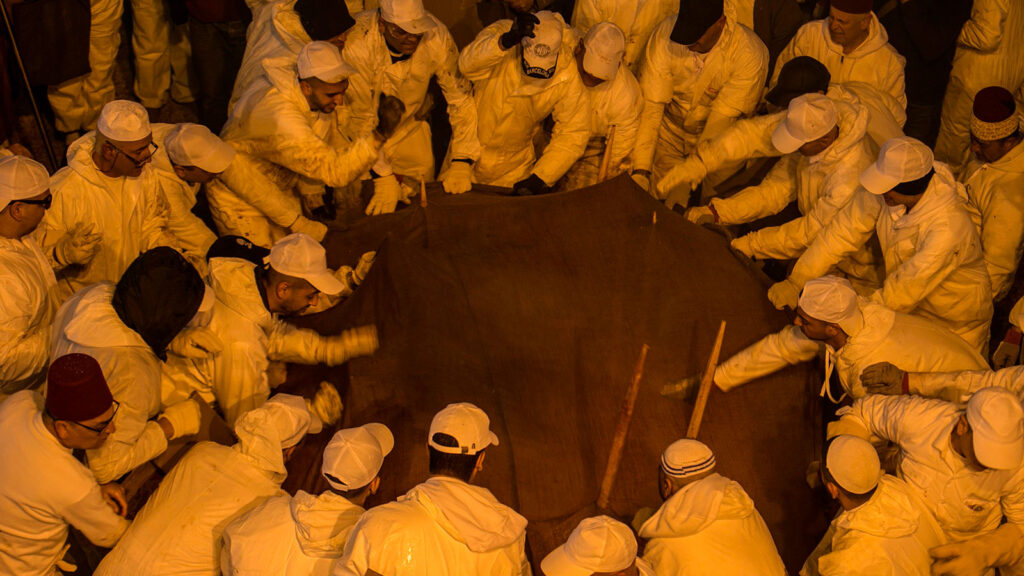
One widely held belief claimed that both Jews and non-Jews were impatiently waiting for the arrival of a Messiah who would save them from their hardships. At the same time, people began to pay less attention to traditional customs.
Culture of Bethlehem and Judea Before Jesus
The people of Bethlehem worked mainly in agriculture, livestock, and crafts. Olives and grapes were vital crops. The communal and family system remained strong, and large families lived together. Men held a higher position in society, which meant a patriarchal system dominated life.
Clothing and Lifestyle
Men usually wore simple cotton garments, while women dressed in long robes. People made their shoes from plain leather. Houses were built with mud bricks, giving villages a humble appearance.
Food
The staple diet included bread, olives, dates, fish, and other vegetables.
Social and Cultural Traditions
The culture in that region was largely influenced by the Jews and Romans, while the process of incorporating Greek traditions continued. Weddings served as major social events, and music along with dancing remained common in gatherings.
The Coming of Jesus
According to Christianity, the coming of Jesus was part of God’s plan of salvation. Humanity had fallen into sin, so God sent His Son to free from sin and death.
What Did Jesus Do?
Announcing the Kingdom of God
Christ declared that the Kingdom of God was near. He told people to repent and return to God.

Teachings and Sermons
In the Sermon on the Mount, Jesus emphasized that people must return to the straight path and devote themselves to God. Christianity teaches morality, love, and justice. He gave the basic message: love God and love your neighbor as yourself.
Miracles
According to both Christianity and Islam, Jesus performed miracles. He healed the sick, restored sight to the blind, and cured the people who have disablity.
The Cross and Resurrection
According to Christian belief, Jesus was crucified and paid the price for humanity’s sins through His death. On the third day, He rose from the dead on the Day of Resurrection. This remains one of the fundamental beliefs of Christianity.
The Law Given by Jesus
Christians believe that Jesus fulfilled the Law of Moses and revealed its true spirit.
- The Law of Love
The greatest commandment taught: love God with all your heart and soul, and respect your neighbor. - Inner Purity
Jesus taught that external rituals and laws alone were not enough. A person’s heart and intention must also remain pure. - Mercy and Forgiveness
He instructed people to forgive even their enemies and pray for them. He also encouraged doing good to the and the oppressed. - Salvation Through the Cross
According to Christian faith, salvation no longer depended on the Law of Moses. Instead, it came through believing in Jesus and accepting His sacrifice.
The Death of Jesus
As long as Christ preached in villages, His mission did not cause much concern. Even when news of His preaching spread, no immediate problem arose. However, when His fame grew, authorities tolerated Him only for a time. During the annual festival in Jerusalem, when millions gathered, He preached there as well.
According to Christianity, people believed in Him because of His miracles. Yet the local Jewish leaders disliked His actions. They hoped to use Christ against the Roman Empire or stir rebellion, but they failed. Finally, the Jews convened a great council and passed a decision against Christ. They decided to kill Him, but they feared rebellion.
That night, one of Jesus’ companions, Judas, betrayed Him. He revealed His location, and authorities arrested Him, brought Him to court, and sentenced Him to death. However, this decision required the Roman governor’s approval. When Jesus stood before the governor, the governor realized His crime was not worthy of death. Yet to satisfy the Jewish leaders, he ordered crucifixion.
After this, Jewish leaders took Jesus and crucified Him alongside two thieves. They drove nails into His hands and feet, and He was killed. On the third day, Jews visited His tomb and found it empty. The body was missing. His followers then believed that God had raised Him to heaven.
After Jesus’ Death
After Jesus’ crucifixion, His disciples and followers began calling themselves Jesuits. In Jerusalem, the first Christian community was formed in Judea, led by Peter and James.
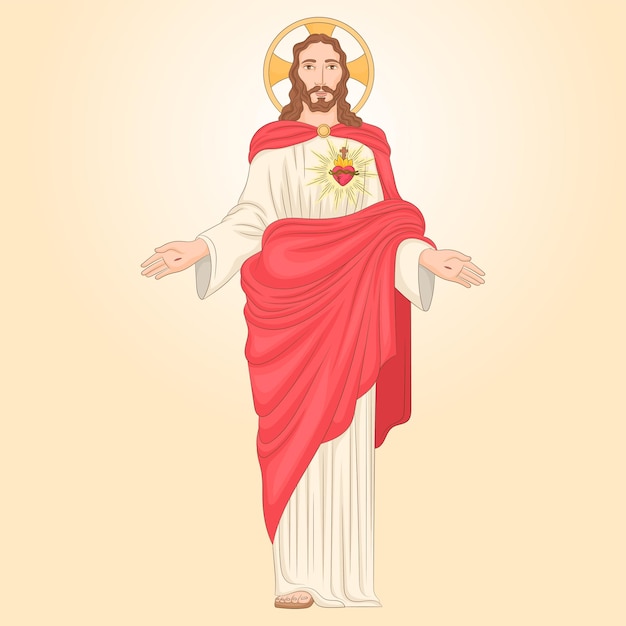
In the early days, the Roman Empire persecuted Christians. However, despite this persecution, Christianity spread rapidly. It grew especially among the labour, the working class, and women because its message promoted equality.
By the third century, Christian communities had reached every large and small city in the Roman Empire. In the fourth century, Emperor Constantine officially supported Christianity. Later, Christianity became the official religion of Rome.
Writer: GM Leghari

